Simulation 1:
It's Not Your Fault-Line
Background
An earthquake of magnitude 9.3 has struck off the coast of Chasmatia (ficitious country) in South-East Asia. The epicenter has been reported to have been in the North province of Chasmatia (fictitious). The North Chasmatia Press Agency has reported that thousands have been killed and that the situation is in grave need of external attention since the Chasmatian government is vastly incapable of managing the response to all of the Chasmatian people.
A press release by the Government of Chasmatia has stated that “they are in full control of the situation”, though they are “increasingly concerned over reports of post-earthquake violence and looting by members of the terrorist organization Free the North”.
As a member of the United Nations Sponsored Plate Earthquake Evaluation and Deliberation Executive (UNSPEED-E) you must work closely with other committee members to evaluate the current situation and take action to minimize the health impacts of this disaster.
Objectives
1. To understand the complexities of responding to a humanitarian crisis.
2. To explore the relationships that stakeholders from governmental, non-governmental, international non-governmental organizations form in the response to a humanitarian crisis.
3. To explore unique considerations for the response to a devastating earthquake.
Roles
Government
● Ministry of Health
● President
● Secretary of Defense
Experts
● WHO Regional Director
● WHO Epidemiology Team
● Consultant seismologist
NGOs
● Chasmatia Red Cross Society
● MSF
● UNICEF
● Amnesty International
Other Stakeholder's
● ‘Free the North’ leaders
● CNN reporter

